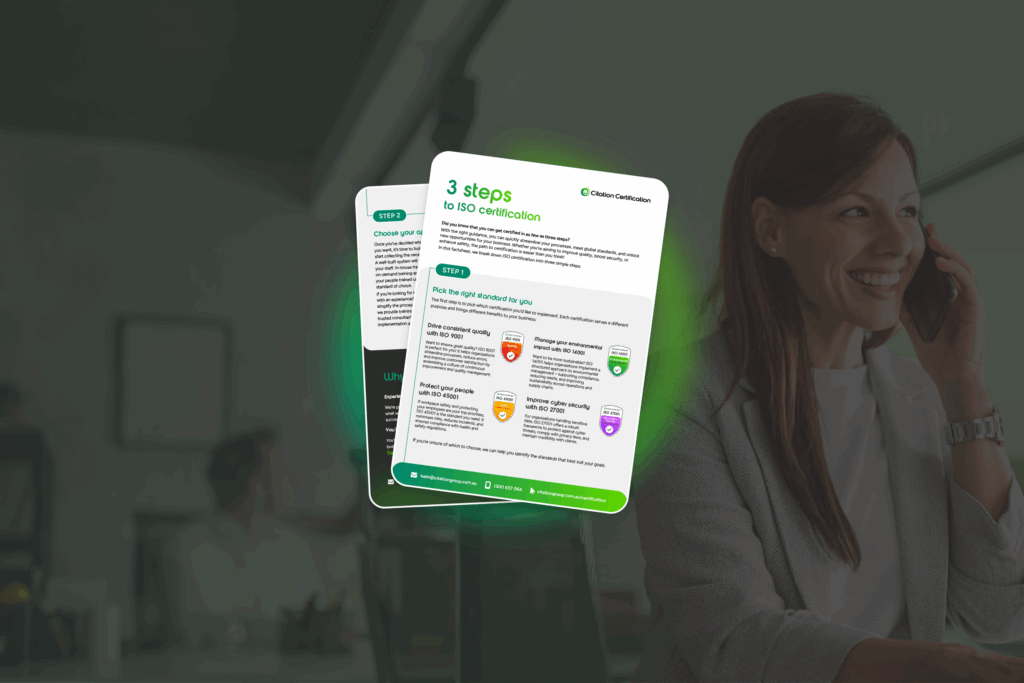
Did you know that long service leave legislation and employer obligations differ by state and territory? These varying laws can confuse employers who operate across multiple jurisdictions.
In addition to the base entitlements, there are certain circumstances, such as the transfer of employees between related entities, that can further complicate determining when your employees are entitled to long service leave.
In this article, we deep-dive into the world of long-service leave legislation, explain what domestic or other pressing necessity is, and what recent decisions made by the Federal Court and Victorian Court of Appeal mean for employers.
1. What is domestic or other pressing necessity?
The phrase domestic or other pressing necessity appears consistently across various state and territory long-service leave legislation. It often arises in the context of determining whether an employee has a pro-rata long service leave entitlement where their employment is terminated before the full entitlement becomes available.
The Australian Capital Territory, New South Wales, Northern Territory, Queensland, and Tasmania’s long service leave legislation all provide an entitlement to be paid long service leave on a pro-rata basis when an employee terminates their employment because of illness, incapacity, or domestic or other pressing necessity.
2. So, what does the phrase mean?
What circumstances or scenarios could constitute a domestic or other pressing necessity for state and territory long service leave legislation? The short answer is that it needs to be assessed on a case-by-case basis. An abundance of case law across each state suggests that there is no one-size-fits-all answer and analysing whether an individual’s circumstances constitute a domestic or other pressing necessity can be an intricate and complex task.
In one case, a resignation to move overseas to be with the employee’s spouse met the definition, yet in another, a resignation to move interstate with a boyfriend wasn’t. Certain health issues and parental responsibilities have been found to be sufficient in some circumstances but not in others. Because of this, employers are encouraged to seek HR or legal advice when determining an employee’s long service leave entitlement where the domestic or other pressing necessity exemption may arise.
3. Can long service leave be transferred between related entities?
In 2020, a Full Court of the Federal Court decided in the Cummins South Pacific Pty Ltd v Keena case that service with a related entity overseas may constitute a substantial connection between service with that related entity and service with the Australian company. This had significant implications for the employee’s long service leave entitlement.
In this case, an employee had worked for a multinational corporate group involved in manufacturing diesel engines for a total of 34 years. The employee claimed upon the termination of their employment that 14 years of service with a related corporation in the United Kingdom (UK) should be recognised as service with the employer in Australia to calculate what long service leave entitlement was owed.
The majority of the Court agreed with the employee and outlined that the service closest to when the liability for long service leave arose (i.e., the service when the employee’s employment ends), will be relevant when considering whether a long service leave entitlement arises. If that service is considered service within that state (in this case, ‘Victorian service’), then the service before that, outside of the state or country, would also be counted. They agreed that the employee’s service in the UK demonstrated a substantial connection with the State of Victoria, such that they could sufficiently characterise that overseas service as Victorian service and include it in the calculation of the employee’s long service leave under the Victorian long service leave legislation.
However, in August 2021, the Victorian Court of Appeal decided differently in Infosys v Victoria [2021] VSCA 219. In this case, the Court decided that given long service leave is a reward for service that accrues after a qualifying period, it would be anomalous for the entitlement to depend on some later assessment of whether the employment, looked at globally, has a sufficient connection to a particular state. The Court stated that the effect of the approach in the Cummins case is to retrospectively attribute a connection to Victoria, where there is none.
4. What does this mean for employers?
In one of these cases, the employee’s service overseas was accepted when determining their long service leave entitlement in Australia and the other case, it wasn’t. The Cummins and Infosys cases are a reminder for employers across Australia that long service leave isn’t always simple and determining what an employee is owed can be a complicated process that’s highly dependent on the circumstances of the case and the status of the common law at the time.
Citation HR can help
Where employers are required to calculate or pay long service leave entitlements that may involve some uncertainty, we always recommend seeking professional advice to minimise the risk of breaching the legislation or underpaying an employee. Our workplace experts are here for you and ready to assist 24/7.
Don’t wait until you’re caught off guard. Be proactive and enhance your understanding of long service leave now, so when the time arises, and trust us, it’ll arrive, and you’ll know how to handle it. Citation HR can help you to better understand your obligations as an employer and will ensure you’re 100 per cent compliant with all employment laws and standards. Talk to us today to see how we can help your business.








